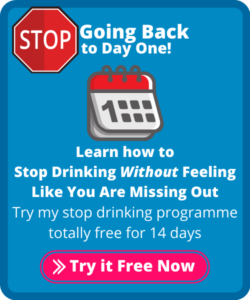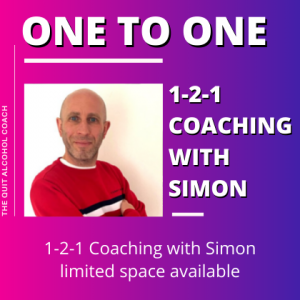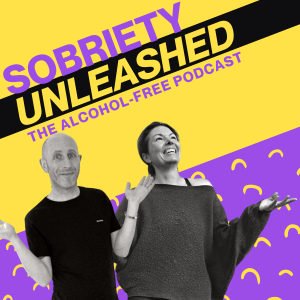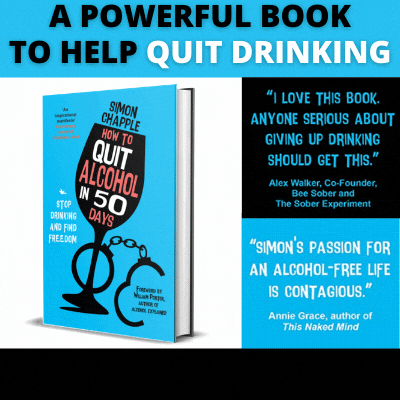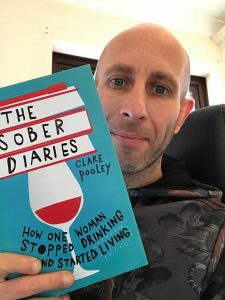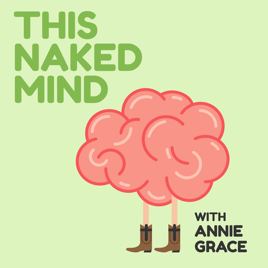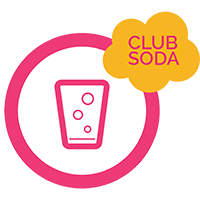How to heal your inner child – everything you need for healing emotional neglect and trauma fast
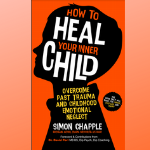
When I first heard the term ‘inner child healing’ I honestly thought it was something that was reserved for people who were spiritual and had reached a higher state of conscious connection.
Of course, I was ignorant, I had no clue what my inner child was or how it had been damaged during my childhood and for over forty years I avoided ever looking at it.
I also had no idea what Childhood Emotional Neglect or CEN was, read on and I will help you understand it all.
Instead, I endured a turbulent emotional state, suffered with severe anxiety and addictive behaviour. I knew something was wrong, I felt as though I had an empty void in my soul, but I couldn’t work out what it was and something kept me from facing into it.
Below are 10 questions to ask yourself that will give you a strong indication as to whether your inner child has been wounded, probably as a result of childhood emotional neglect, these are all issues that I experienced in my own life.
* Do you have a sense that something is wrong, but you don’t know what it is?
* Do you have a feeling that you are hollow inside, that you are empty or have a void within?
* Do you react badly to rejection?
* Do you often feel sad, unhappy or down for no obvious reason?
* Would you describe yourself as highly sensitive?
* Do you have problems with relationships and intimacy?
* Do you engage in addictive behaviour – alcohol, drugs, gambling, shopping, food, sex, work, exercise?
* Do you have low self-esteem or self-worth – are you not ‘good enough’?
* Do you have a sense of being numb to your feelings?
* Do you rarely experience true joy and happiness?
If you have answered ‘yes’ to most of these questions, there is a strong chance you have experienced some form of childhood emotional neglect or trauma as a child. An emotionally neglected child may struggle to form strong and secure attachments as an adult. They may feel hollow or empty, worthless (or overly important), judge themselves harshly and struggle with addictive tendencies – drinking, eating or exercising too much, for example. If this describes you, keep reading as my hope is that this article will give you all you need so you can begin to move forward and find lasting peace.
What is an Inner Child?
Our inner child represents a childlike side of our personality, it may also be referred to as the child within or our inner self.
It doesn’t mean that we have an actual child living inside of us, but it does mean that we all have an aspect of our personality that is childlike in our unconcious mind. The inner child is most commonly noticed when we experience upsetting or challenging situations, behaviours or people, in these moments the inner child can take control while the rational adult goes offline.
We each have a unique inner child and it represents both the negative and positive elements of our experiences of growing up, much of the template for our inner child was cast prior to the age of six, but big events and traumas can continue to shape our inner child right into adolescence.
The good news is that our inner child holds the playful side of our personality, we still have the childlike wonder, innocence and joy that existed when we were young, but learning how to connect with it can feel like a challenge.
Our inner child also reflects our unmet needs from when we were young, along with the emotions and feelings we suppressed, usually around our primary caregivers. We learned to hide these emotions and were often taught not to show them if we wanted to feel love, comfort and safety. In my own case I was taught that anger was bad and should not be shown, my parents were unable to hold my anger, instead they pushed it away by scolding me for becoming angry. Later in life I find that I still struggle to fully express my anger, although I am getting much better at it.
Our inner child also holds onto many things we were taught to believe about ourselves, for example:
“Boys shouldn’t cry”
“You will never amount to much”
“Your sister will do far better than you when she is older”
“You don’t really feel sad”
“That doesn’t hurt, stop being a baby”
When we become able to access and explore our inner child we open ourselves up to the wonderful process of healing the issues that have most likely caused us problems for many years.
These can include:
- Angry outbursts
- Disconnecting from feelings
- Relationship problems
- Acting out in negative ways
- Addictive behaviours
To name just a few.
What is Childhood Emotional Neglect?
The term ‘neglect’ might conjure up images of violence or sexual abuse, but childhood emotional neglect (or CEN) is far more subtle. It can show up in many different forms and in most cases parents or caregivers don’t even realise the consequences of their action, it is rarely intentional and it does not mean that a parent doesn’t love their child.
Physical abuse leaves physical wounds and scars, emotional neglect leaves emotional wounds and scars.
In its simplest form childhood emotional neglect is when a parent fails to provide their child with the emotional support, love, comfort and safety they need to develop and grow into a self-confident and well rounded member of society.
These kind of parents might:
- Ignore their child’s emotions, or treat them as being unimportant
- Tell their child that their emotions are not real or valid
- Be away for long periods of time, they would probably be a great parent if only they were around more
- Favour one sibling over another
- Be overbearing, controlling or invade their child’s privacy
- Only give love if certain conditions are met
- Fail to set rules and boundaries and allow their child to make their own choices, regardless of the consequences
- Use emotional blackmail and manipulation
- Play the victim, especially when confronted or challenged
- Display narcissistic tendencies
Very often parents who emotionally neglect their children experienced similar treatment from their own parents, it is worth bearing this in mind in order to nurture a level of compassion and avoid pointing the finger of blame.
It is common for parents who emotionally neglect their children to be self-centred and place their own needs way ahead of those of their children. This sends a message that – your feelings do not matter, you do not matter. Over time, when repeated, children can develop a hardwired believe that they are somehow flawed and fundamentally ‘not good enough’, as they move into adult life they will carry these insecurities and limiting beliefs with them, this is when the problems usually escalate as they find relationships, careers and many other aspects of their life impacted.
Is it possible to heal a wounded inner child?
Yes, when we can heal the wounds we have carried into adulthood we will find that we begin to connect with our inner child and enjoy a far more positive experience. Many people will:
- Let go and release long held negative emotions
- Learn how to meet their needs in a positive way
- Change their behaviour by understanding why they partake in certain activities (often those with negative consequences)
- Feel more self-confident and comfortable with who they are, just the way they are
- Become happier, more playful and experience peace and calm
What should you do if you relate to the issues I have described?
I have experienced all of the issues described in this article, childhood emotional neglect and trauma as a teenager caused me huge problems as an adult. This included using alcohol and drinking each day to avoid the uncomfortable feelings arising within me, I drank for decades to block myself from ever facing in to the uncomfortable realities of my past.
But the only way out was to look closer, so I began therapy and also joined a mens weekly group therapy session as well as reading and learning all I could about how to heal. Once I had become aware of the roots of my issues, I knew I couldn’t unlearn it and had no choice other than to keep putting one foot in front of the other.
It took time, but I kept learning and I kept experiencing breakthroughs and personal growth.
Nowadays I don’t experience the same emotional triggers and turmoil, I feel free and happy and have learned how to speak my truth and set boundaries when I need to in order to keep myself safe.
The experience was so profound that I wrote a book which charted my journey and provides everything needed to heal a wounded inner child.
If you anything in this article has resonated with you, I would like to invite you to read my book – How to Heal Your Inner Child and begin your own journey along the path to freedom.
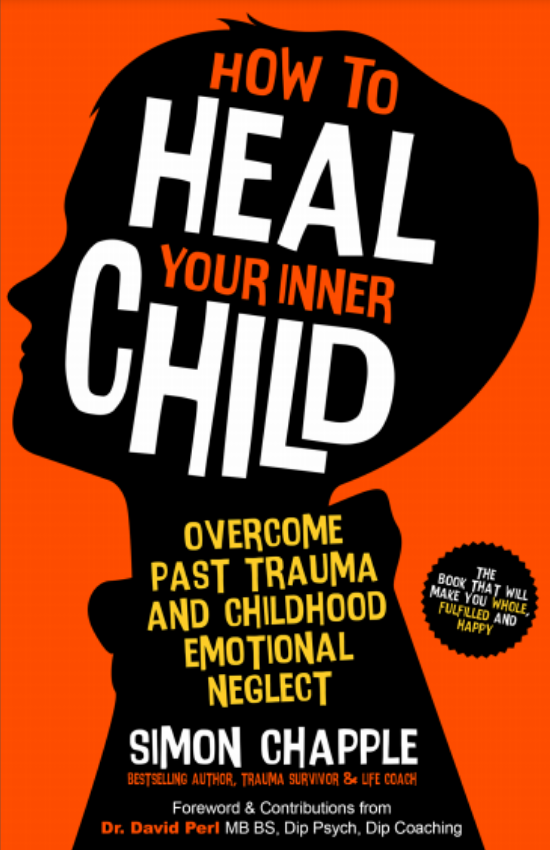
Get your copy on:
Also available in most good bookshops.
Former heavy drinker turned sobriety coach Simon Chapple is – like you – a survivor of childhood trauma. His unique brand of straight-talking, practical yet reflective and relatable advice has helped thousands of people quit drinking, and he can help you now to move on from childhood emotional neglect to a place of happiness free from past trauma. How to Heal Your Inner Child is a stepped and safe approach to confronting your past, with space for reflective and supportive strategies that will help you to foster self-compassion and break free from the destructive behaviours that have blighted your life. Clinically endorsed and verified by a psychotherapist, this deeply personal, unflinchingly honest exploration is designed to unlock your own epiphany and support you as you journey to a happier, less troubled and more authentic self.
‘A masterclass in understanding’ ANNIE GRACE, author of This Naked Mind
Official release date 9th December 2021.

